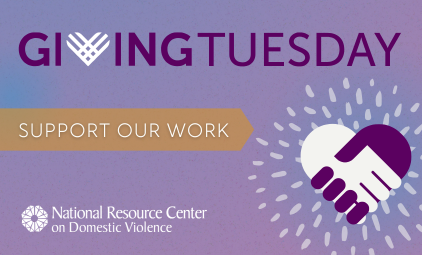"Domestic violence (DV) occurs across the socio-economic spectrum, but low-income survivors face unique challenges and barriers to ending an abusive relationship. Leaving an abusive partner may mean that a survivor loses access to their income, shared housing, employment, health care, and more.
VAWnet News Blog
More than four in 10 women in 51 countries surveyed feel they have no choice but to agree to their partner’s sexual demands according to a UN report released this week. The report also notes that they are also unable to make basic decisions about getting pregnant and accessing health care for themselves.
Uniting to End Violence Against People with Disabilities embraces the theme of 2019 Sexual Assault Awareness Month, I Ask, and wants to ensure that people with disabilities are emphasized during this awareness campaign. While people with disabilities experience disproportionate rates of sexual violence, they are often forgotten in conversations about rape and sexual assault.
Every day, in every community across the U.S., people with intellectual and developmental disabilities (I/DD) are being sexually assaulted. Too many have a story to tell, and yet few are ever heard. The Talk About Sexual Violence project aims to change that by educating health care providers about sexual violence in the lives of people with I/DD.
By Susan Sullivan, Prevention Campaign Specialist for the National Sexual Violence Resource Center (NSVRC)
A majority of states allow 16- and 17-year-olds to wed, and 17 states have no minimum age to marry, experts say.



















